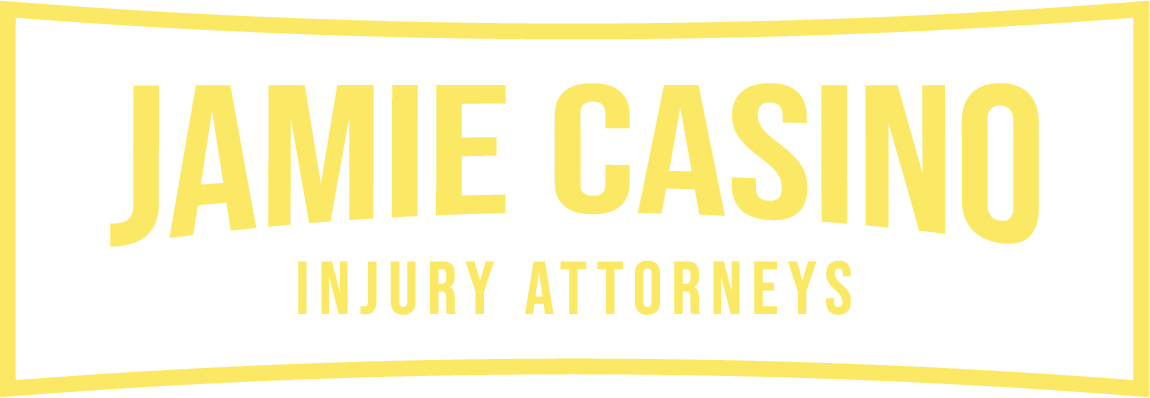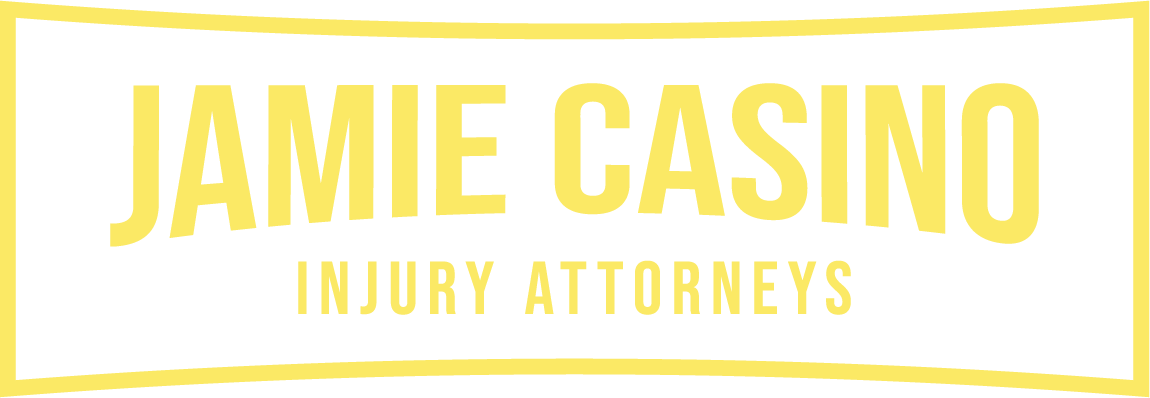Being involved in an accident with a big rig can cause you to sustain serious injuries or even death. That is why it is so important to remain vigilant on the road when there are big trucks around.
Big rigs pose far greater risks on the road than passenger vehicles due to their sheer weight and size. Read on to learn the answers to frequently asked big truck accident questions.
The FAQs
Q: What kinds of trucks are considered big rigs?
A: Big rigs, also known as commercial trucks or big trucks, are vehicles utilized for business and/or for transporting commercial products. Some examples include delivery vehicles, eighteen-wheeler tractor-trailers, tanker trucks, and other types of oversized freight trucks.
Q: Why are big truck accidents more dangerous than those with passenger vehicles?
A: Since big trucks are allowed to carry up to 80,000 lbs of weight, they require a lot more time and space to slow down and stop than passenger vehicles do. For reference, the average passenger car weighs about 4,000 lbs. It’s relatively easy to tell who will sustain more damage when an 80,000 lb vehicle collides with one that weighs about 4,000 lbs.
Q: Why do big truck accidents involving passenger vehicles occur?
A: The most common causes of truck accidents are as follows:
- Interruption of the traffic flow
- Unfamiliarity with roadway
- Inadequate surveillance
- Driving too fast for conditions
- Illegal maneuver
- Inattention
- Fatigue
- Illness
- False assumptions of other road user’s actions
- Distraction by object or person inside the vehicle
Q: I’ve been told not to drive in a big truck’s “No-Zone.” What does that mean?
A: A truck’s “No-Zone” pertains to the blind spots behind, on both sides, and in front of them. Big trucks have significantly more blind spots than passenger vehicles do. If you need to pass a truck, always pass on the left since drivers have greater visibility using their mirrors on that side. Something to note when passing a truck is that they can’t see you unless you can see their face in their left side mirror.
Q: I’ve been hurt in an accident with a big truck and it’s not my fault. Am I able to obtain reimbursement for my lost wages?
A: Yes. If you file a personal injury claim with an experienced attorney, you are likely to receive compensation for the work you missed in addition to reimbursement for losses sustained as a result of the accident.
Q: May I file a lawsuit against the truck driver’s company for my losses?
A: It depends. If the truck driver has an employment relationship with the trucking company, it may be possible to recover damages from the company. However, if the driver is an independent contractor, determining liability can become much more difficult. In both instances, the primary concern regards the extent of supervision that the company executed.
We’re Here For You
If you’ve been involved in an injury-sustaining accident with a big truck and it wasn’t your fault, you may be entitled to receive compensation. At Jamie Casino Injury Attorneys, we are highly skilled in these sorts of cases. Our attorneys have recovered compensation for many people just like you.
Attorney Jamie Casino brings his sledgehammer of justice to provide effective representation to injury victims. Mr. Casino believes that it’s time to lift up injured victims while taking down greedy corporations, stingy insurance companies, and other bullies whose power has gone unchecked for too long.
At Jamie Casino Injury Attorneys, we speak up for those who cannot speak for themselves and give the injured a much-deserved voice. Your story may not be our own, but it is our honor and privilege to help you tell it. Don’t hesitate to contact our firm with your case right away.
Call the Jamie Casino Injury Attorneys today at (912) 809-5335 to speak with a Savannah attorney about your personal injury case.


